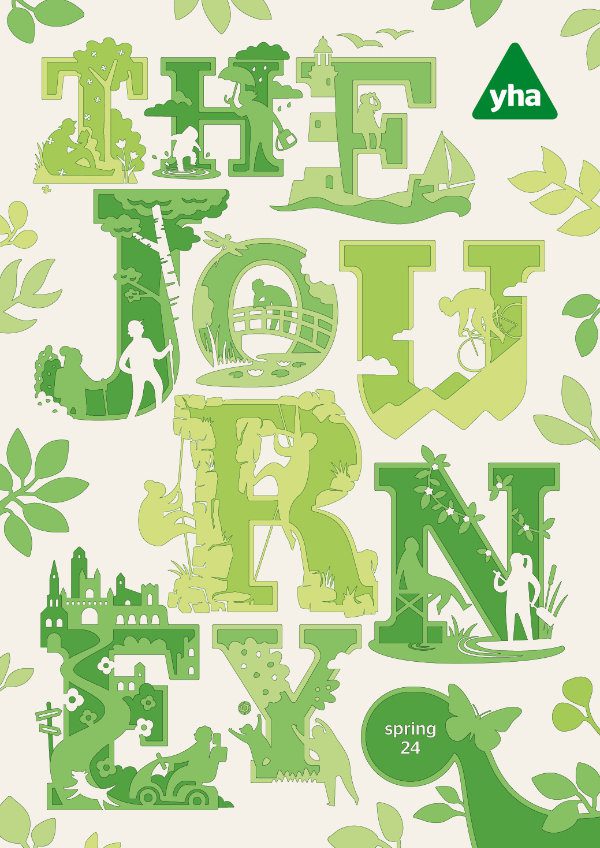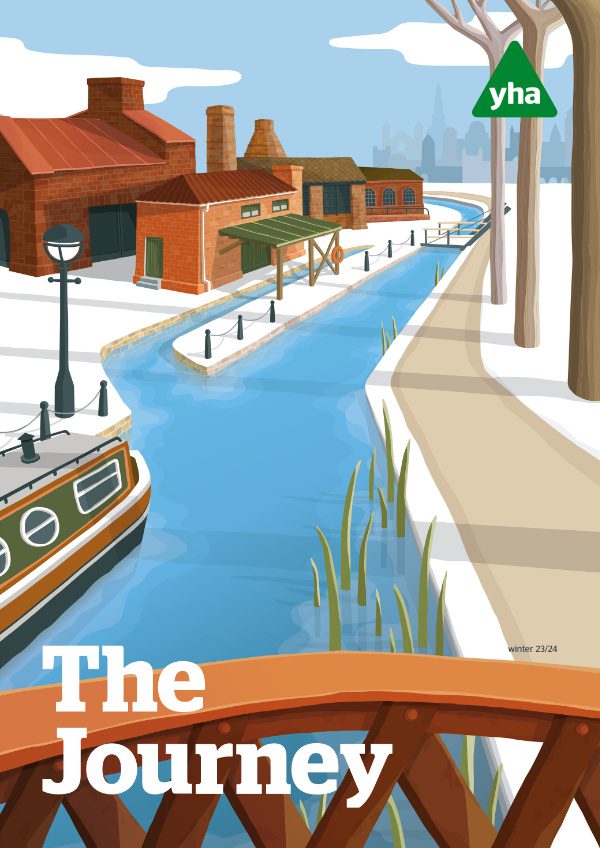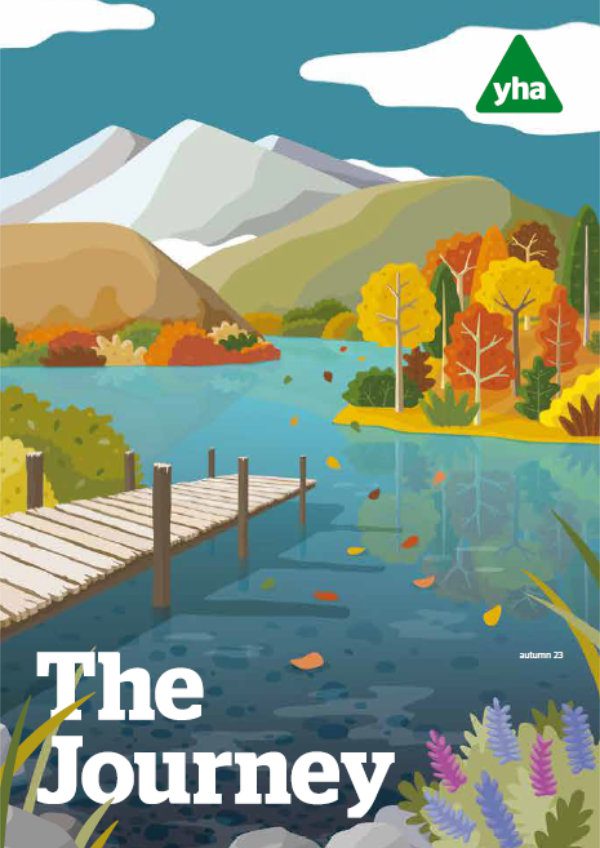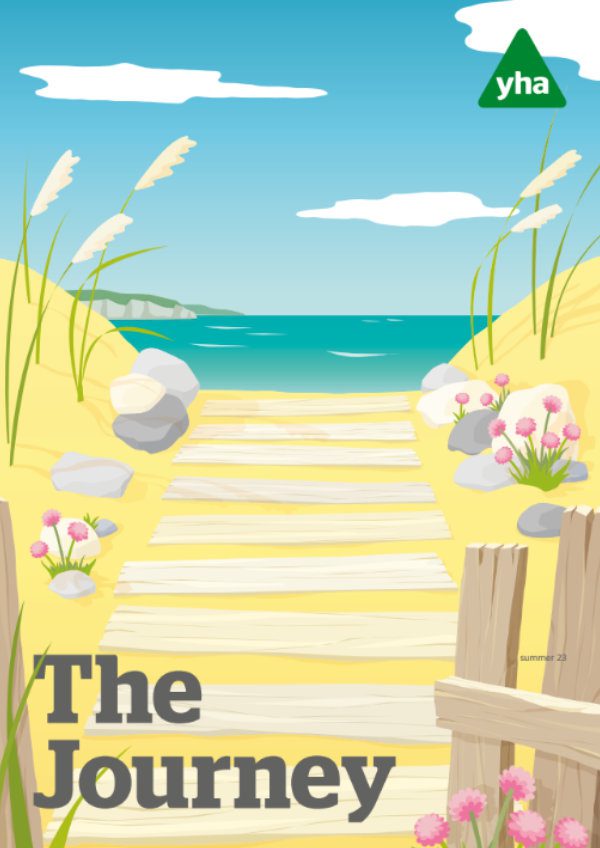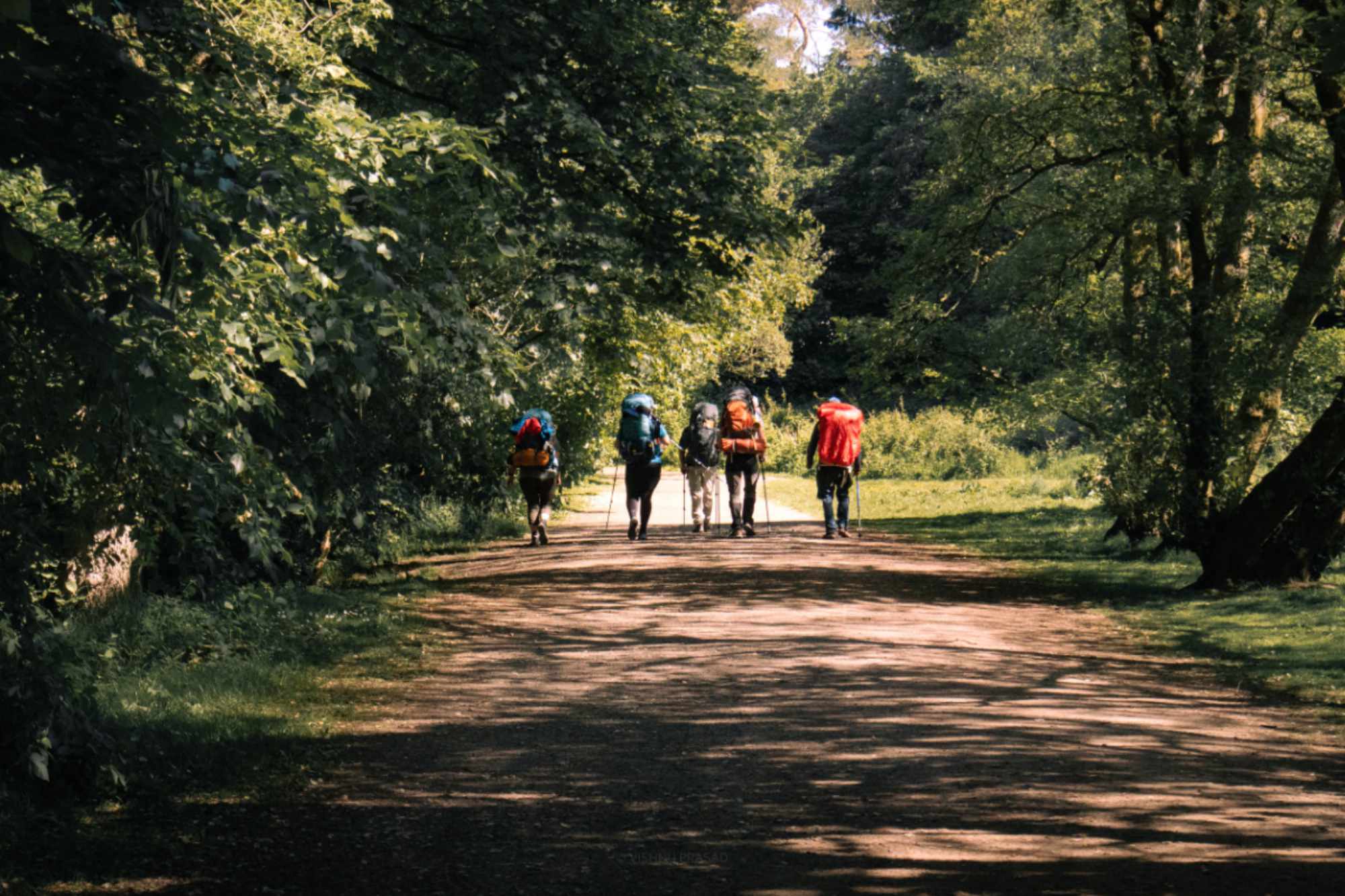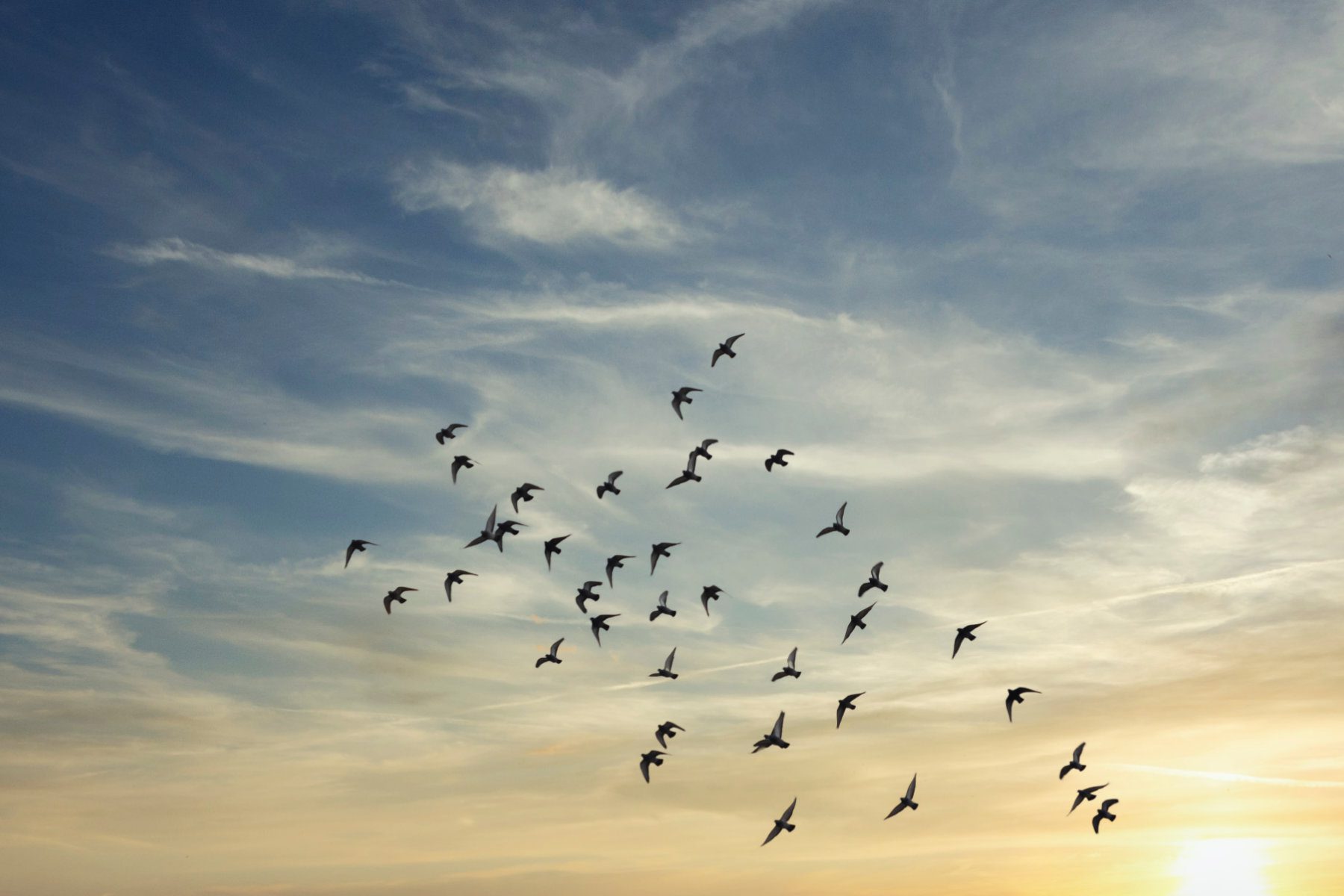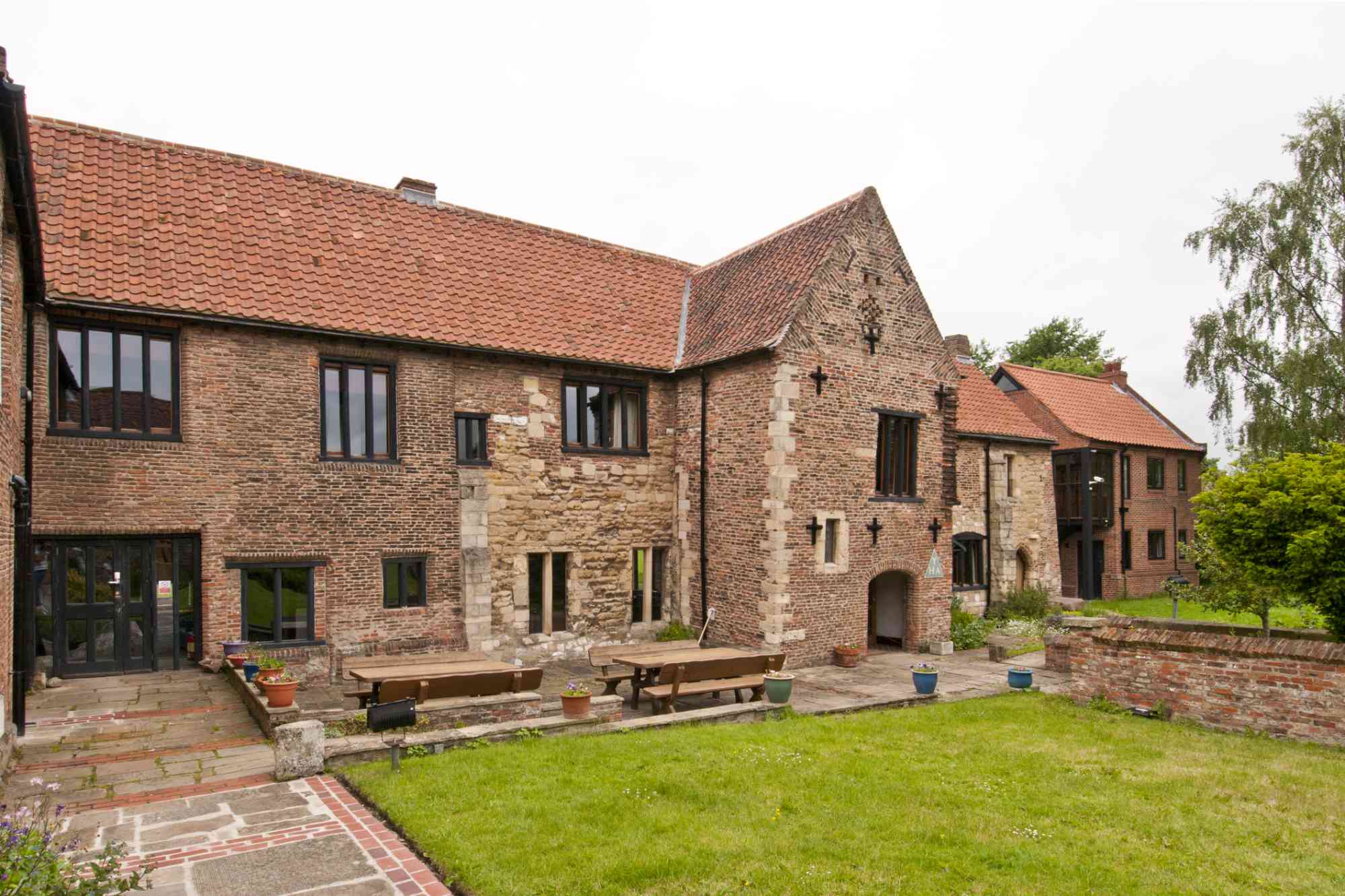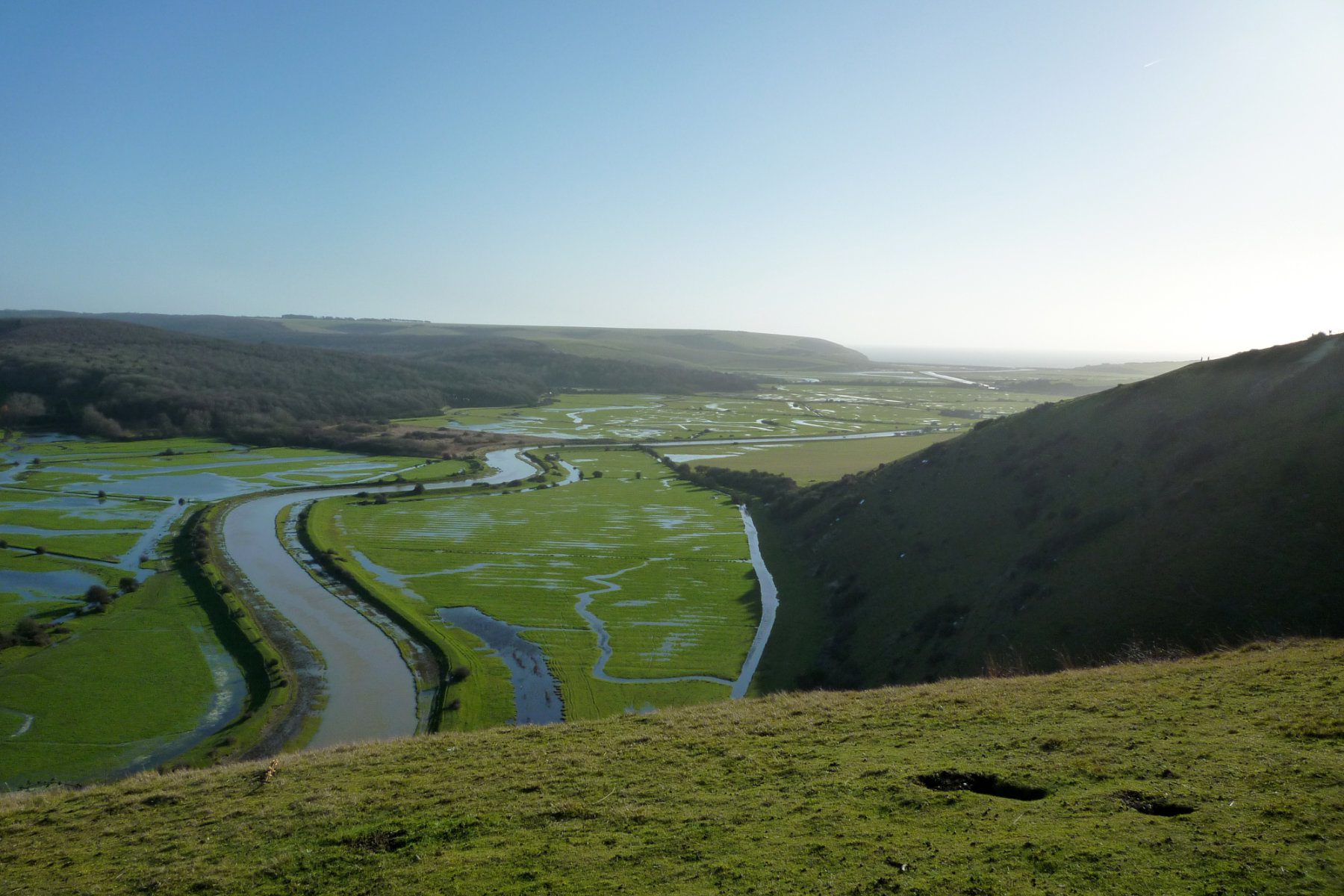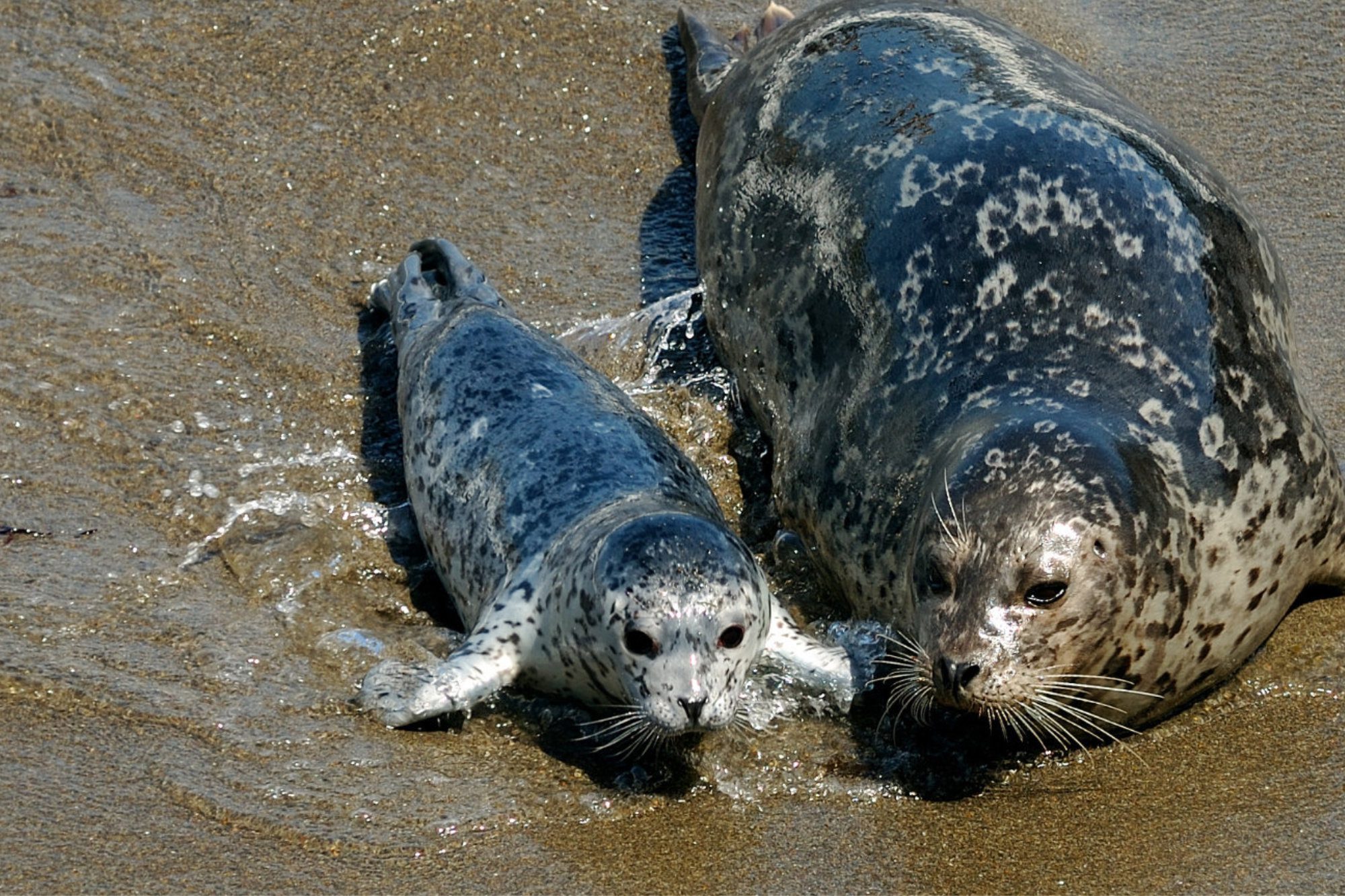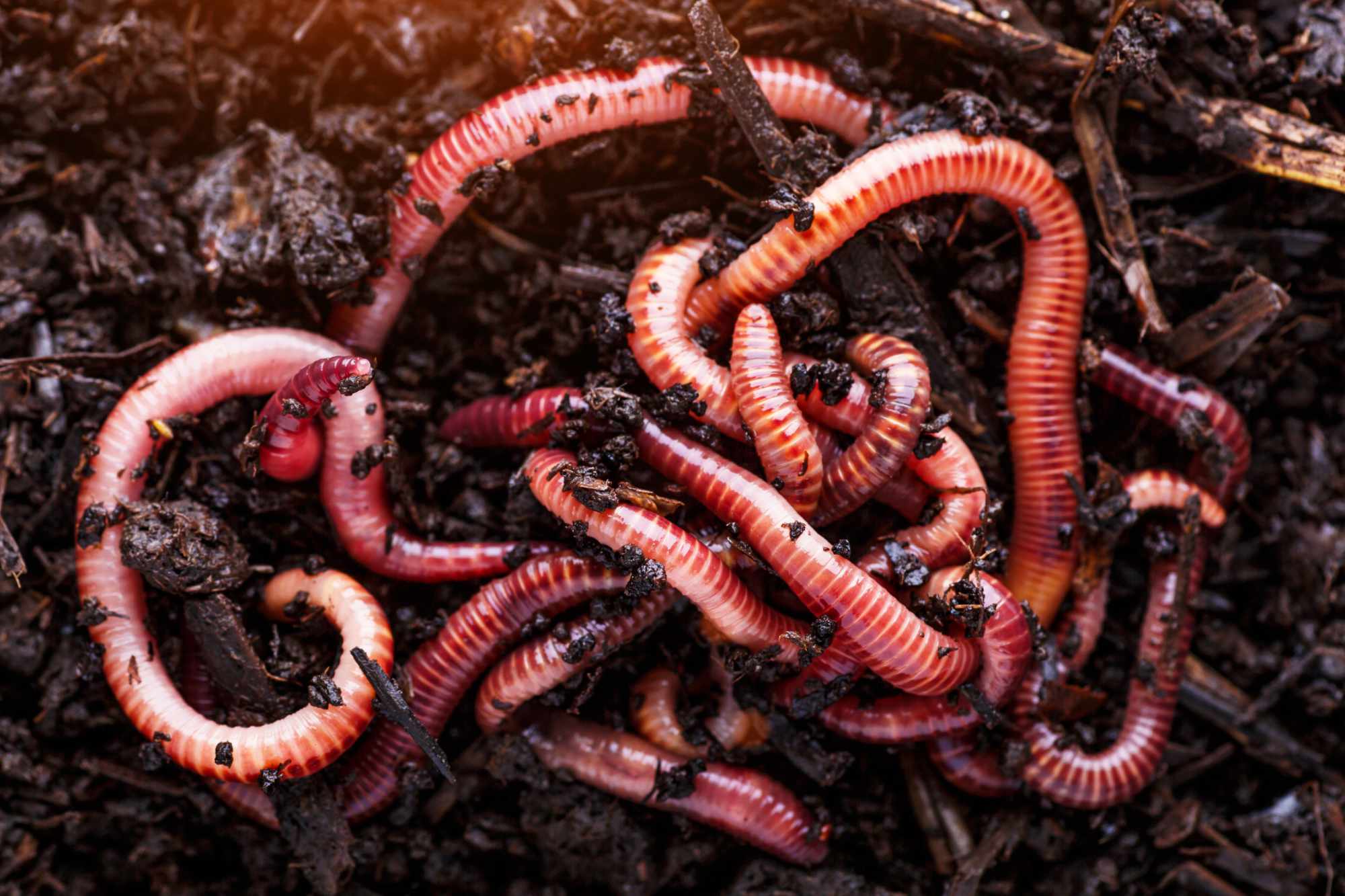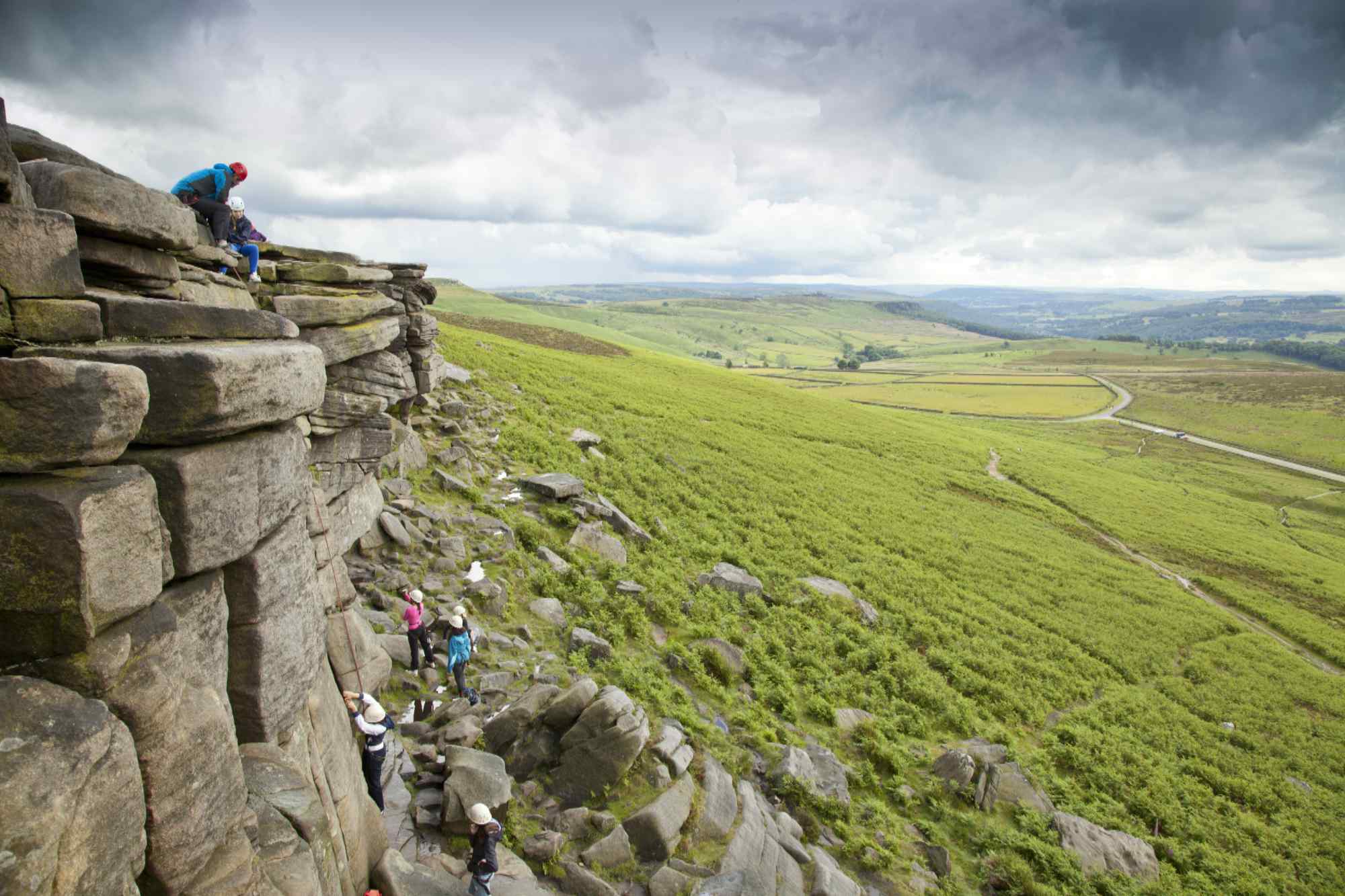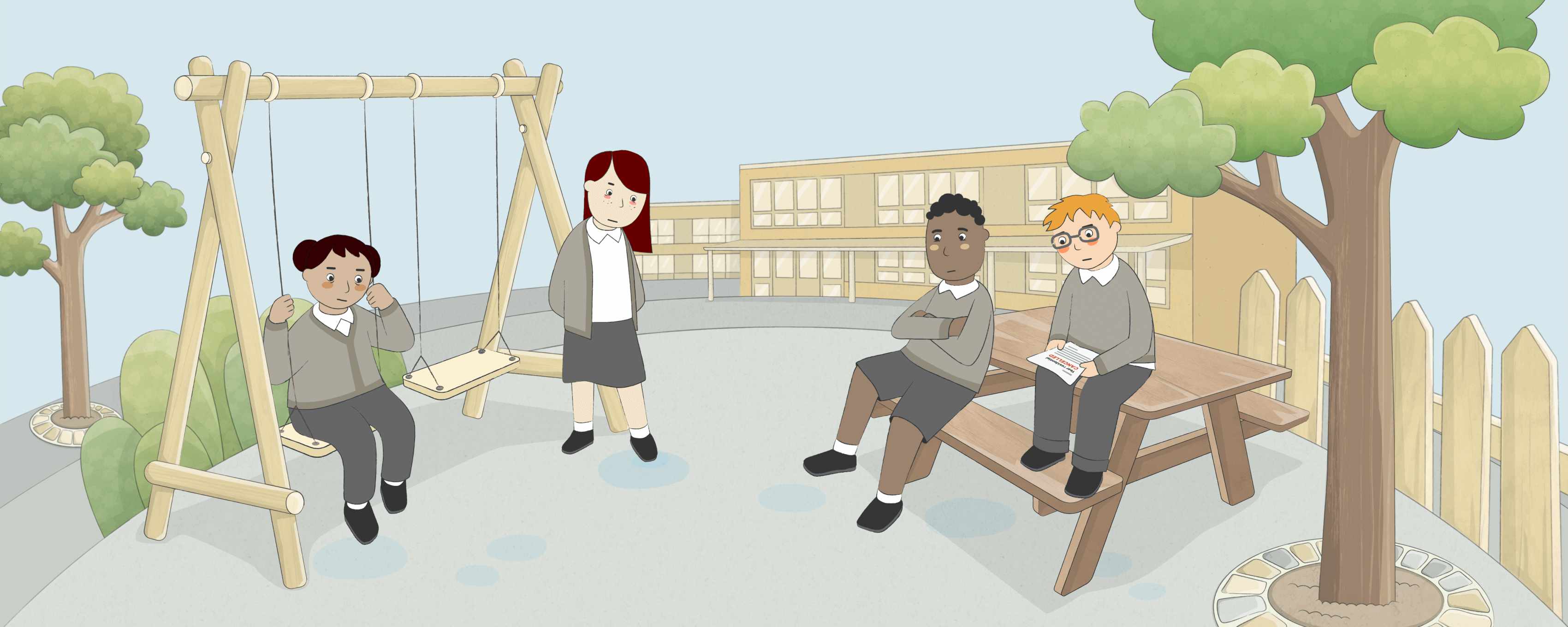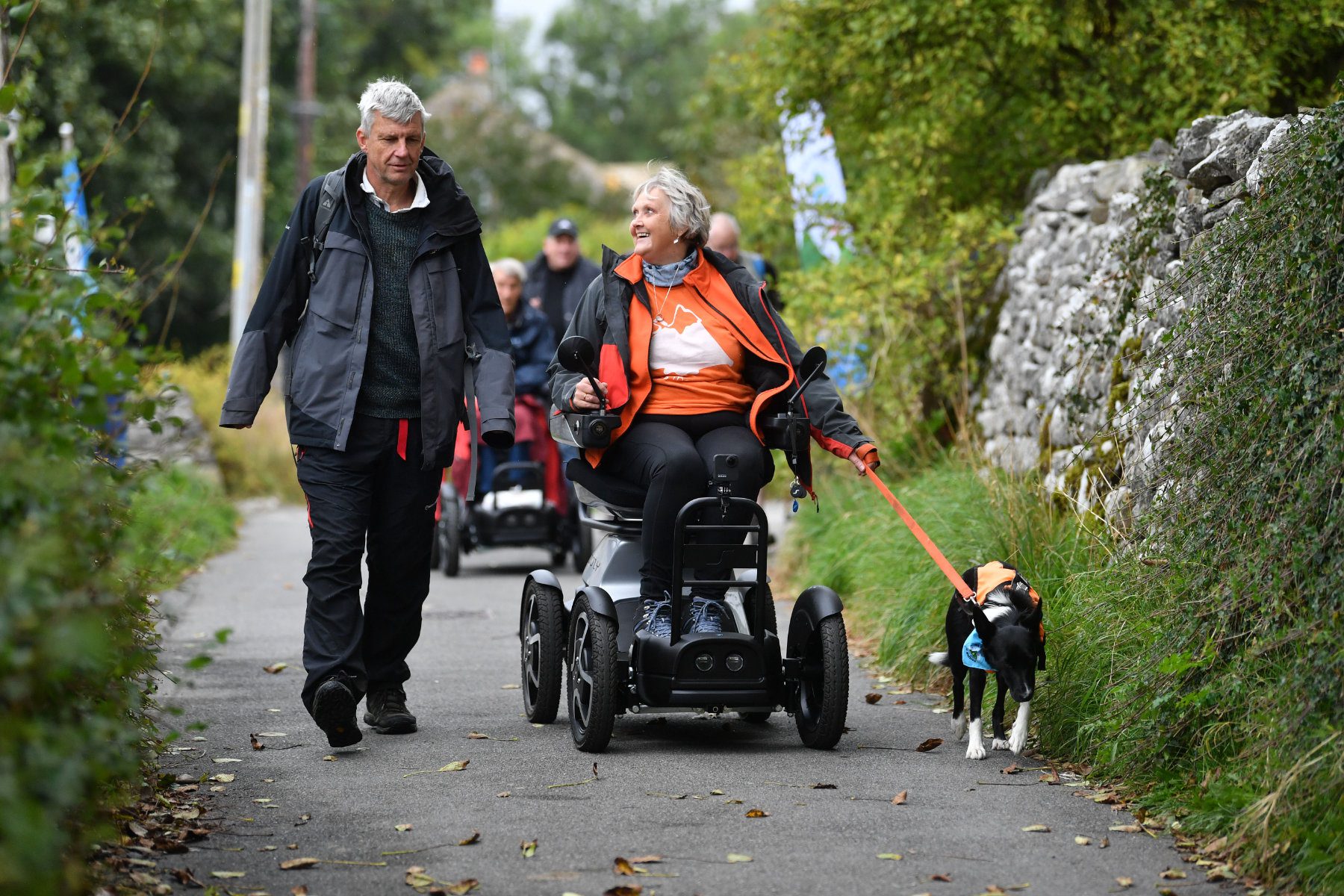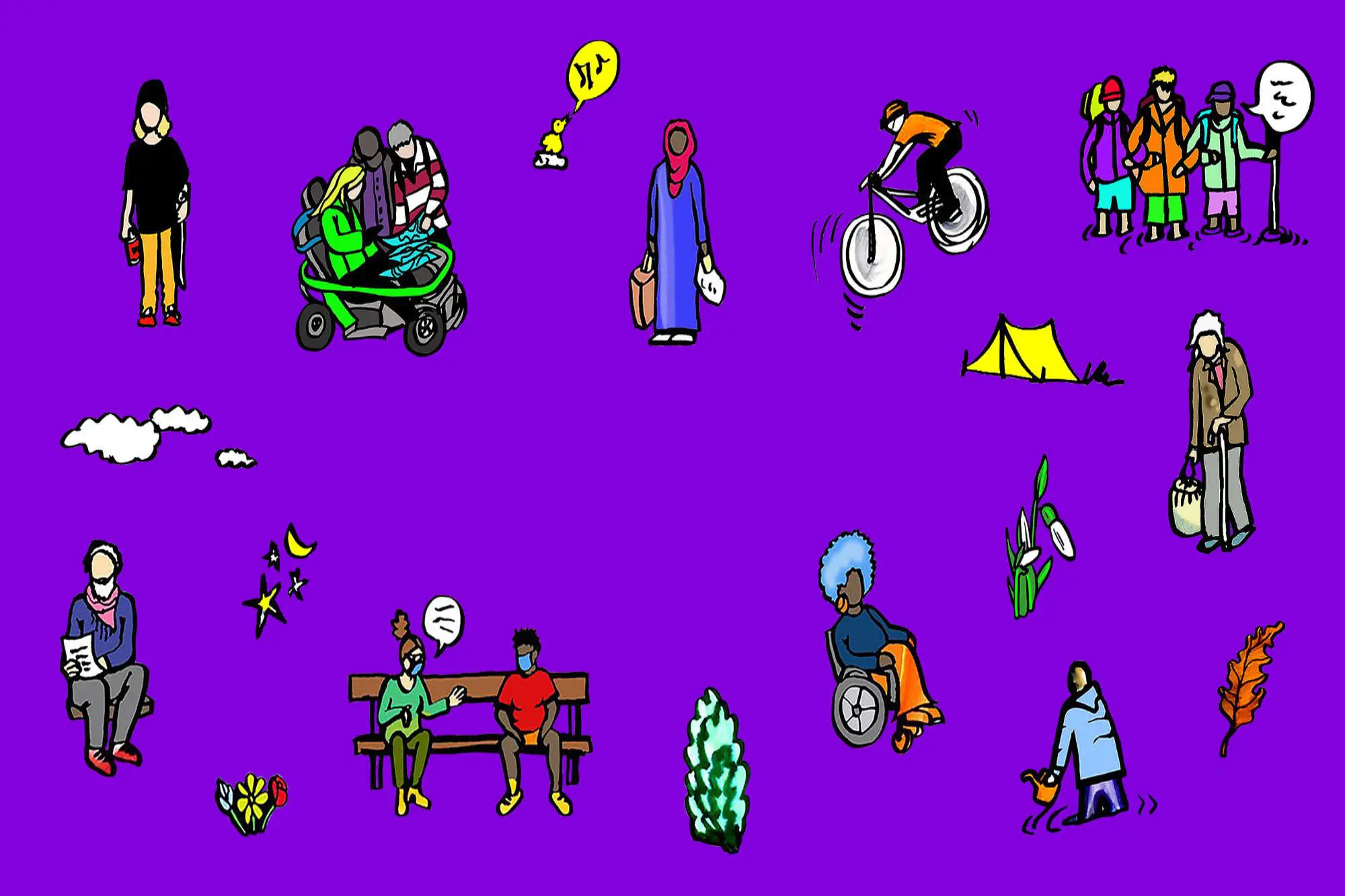Gillian Burke is a biologist, writer, voiceover artist and public speaker but is best known as a presenter of the BBC’s incomparable seasonal wildlife specials. On the eve of this year’s Autumnwatch, which she presented from Wales, she spoke exclusively to The Journey.
You grew up in Kenya and Austria. What were your first formative outdoor experiences in the UK?
I came here to study biology at Bristol University. I was studying a lot of weird and wonderful insects so I was making various short field trips to the Mendips, but the most memorable adventure was a camping trip to North Devon with some first-year friends. Predictably it was very wet and rainy and we were really ill-prepared — we had a big upright tent that blew over in the gale force wind and a tin of baked beans between us! — but it was brilliant. We had such a laugh. It challenged us, it stretched our skills, and it made us closer. It got us out of our comfort zone and built our resilience.
You’ve spoken about the theory that, deep down, we’re hardwired to connect to nature. Does modern life make that difficult?
I think it does. So much of what we’re exposed to is about holding our attention long enough for adverts to be scrolled in front of us. I’m not saying that nature is the one answer to everything — when we hear about high levels of anxiety and stress, there are all sorts of reasons for that — but if you don’t have access to green spaces it’s definitely going to put you on the back foot when you’ve got other challenges in life as well. If we see a caged animal being kept in a really impoverished environment, with no natural light and no greenery, we instantly recognise that as something cruel. But we don’t seem to recognise that for ourselves. We’re animals too, and we need that connection to nature.
You live in Cornwall. What would be your ideal autumn break in the county?
Looking at where the YHA properties are, I have to say I love Penzance. It’s a really interesting town with loads of independent shops, vintage stores, cafés and old pubs. In recent years it’s become my favourite place to go for a town experience, and the Night Riviera sleeper train from London is really cool — I love it, it gets me so excited. It’s comfortable, clean and a great way to get down here.
Once you’re in Penzance there’s a really amazing nature reserve close by, RSPB Marazion Marshes, which is great for starling murmurations in the autumn. Then of course you’ve got the incredible heritage of St Michael’s Mount, so there’s a brilliant mix of experiences in one area. I also love the north coast around the village of Zennor. It’s steeped in folklore, with loads of Cornish culture, and the coastal walking is spectacular. It really feels rugged.
I’ll also mention the east coast estuaries of the Lizard Peninsula, where there are pockets of Atlantic rainforest. They’re ancient woodlands with twisted oaks covered in mosses and lichens. They’re hugely atmospheric, particularly in autumn and winter, when the sea mists are rolling in but you still feel quite sheltered.
You’re a vocal champion of slow travel. What makes it such a good thing?
It’s just a wonderful way to travel. You really get to know a place; you get to meet people. If you don’t have a well-planned itinerary but just know that you want to get to a certain part of the country, when you get there you can follow your nose, make friends, and hear about other nearby places you would never have thought to go to. It holds surprises. One of the side-benefits, of course, is that it’s also low-carbon travel, but there are so many other positives.
What do you enjoy about working on Autumnwatch, and how does it differ from Winterwatch and Springwatch?
Well, it’s a filming challenge because the live action often happens after dark, so we have to be quite creative about how to tell stories. And I don’t know if this is my inner hippy coming out, but I love autumn because if we tune into natural cycles, this should be the time when we start to rest, especially after the summer we’ve just had. Imagine the land just cooling down and slowing down. The pace of modern life is such that I really love being able to draw our attention to the fact that in the northern hemisphere at least, at this time of year, things are starting to go into hibernation.
One of my favourite metaphors is that the potential for next year’s growth is already being laid down. Tree buds are being formed and seeds are going to ground — all that potential for life is just lying and waiting to spring back to life again. Nature needs to take that pause — and we all do. Personally speaking I struggle to, so having nature as a cue to rest a bit more is really valuable. We all need to make a living, of course, but after the excitement of summer, you bring a different energy to the autumn. That’s what I love about this time of year, and therefore I enjoy the challenge of letting that come through in the stories that we tell, and how we present them.
Autumnwatch is on BBC Two from the 25th to the 28th of October. Winterwatch 2023 and Springwatch 2023 will follow.
Make the most of autumn’s earlier sunsets and the crispy, cooler air with our great value deals available in stunning locations – plan your autumn escape.
